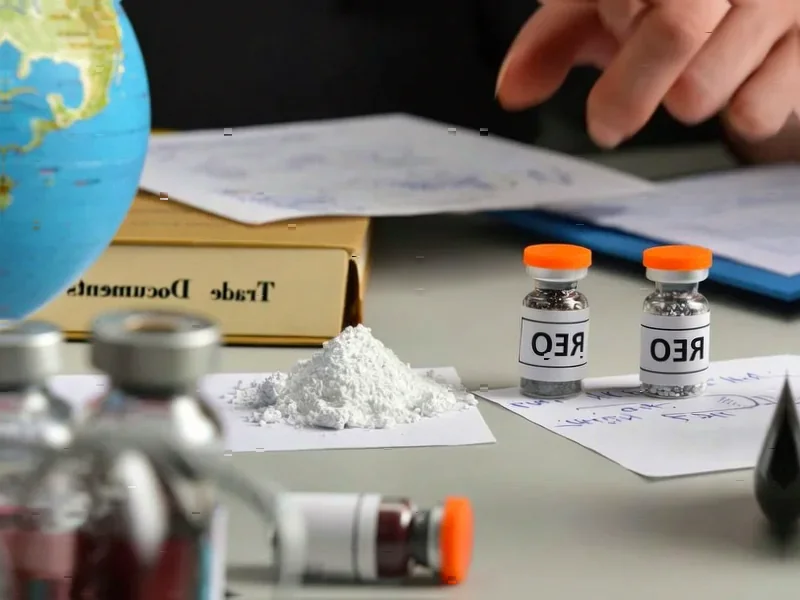According to GeekWire, Philips Ultrasound is laying off 33 employees from its Bothell, Washington facility that serves as an engineering and manufacturing hub for ultrasound equipment. The cuts specifically affect production operators, warehouse operators, and technicians and will take effect December 31. Company spokesperson Mario Fante called this a “limited restructuring” tied to a strategic transition plan announced earlier in 2024. The facility employs around 1,500 people total in the Seattle area. Separately, the FDA issued a warning letter in September citing oversight concerns at the Bothell location regarding documentation of responses when ultrasound devices are reported defective. Philips insists the layoffs are “completely unrelated to any regulatory action.”
The regulatory backdrop
Here’s the thing about that FDA warning letter – it’s pretty specific about what’s not happening properly. The agency found that Philips wasn’t adequately documenting how it responds when ultrasound devices are reported as defective or performing incorrectly. Basically, when something goes wrong with medical equipment, there needs to be a clear paper trail showing what the company did about it. And the FDA specifically said they “are not able to determine the adequacy” of Philips’ proposed fixes. That’s regulatory speak for “we don’t trust that you’ve actually solved the problem.”
Now, Philips says the layoffs aren’t related to this regulatory action. But timing is everything, isn’t it? You’ve got a major medical device manufacturer cutting manufacturing and technical staff at the same facility where the FDA is raising quality control documentation concerns. Even if they’re technically separate decisions, they’re happening in the same ecosystem. The company’s walking a tightrope here – trying to restructure while maintaining confidence that their quality processes are solid.
The bigger picture
Medical device manufacturing is undergoing massive changes right now. Companies are constantly balancing cost pressures with the absolutely non-negotiable requirement for safety and reliability. When you’re talking about ultrasound equipment, we’re not discussing consumer electronics – these are devices that doctors use to make critical healthcare decisions. A faulty reading could have serious consequences.
So what’s really happening here? Philips mentions this is part of a “strategic transition plan” from 2024. That corporate language usually means they’re shifting resources, possibly toward newer technologies or more profitable product lines. But cutting 33 manufacturing and technical roles while facing FDA scrutiny over quality documentation? That’s a risky combination. You’d think they’d be investing more in quality assurance, not less.
The medical device industry is watching this closely. When the FDA issues warning letters like this one to Philips, it sends ripples through the entire sector. Other companies start double-checking their own documentation processes. And when a major player like Philips cuts manufacturing staff amid these concerns, it raises questions about priorities across the industry.




